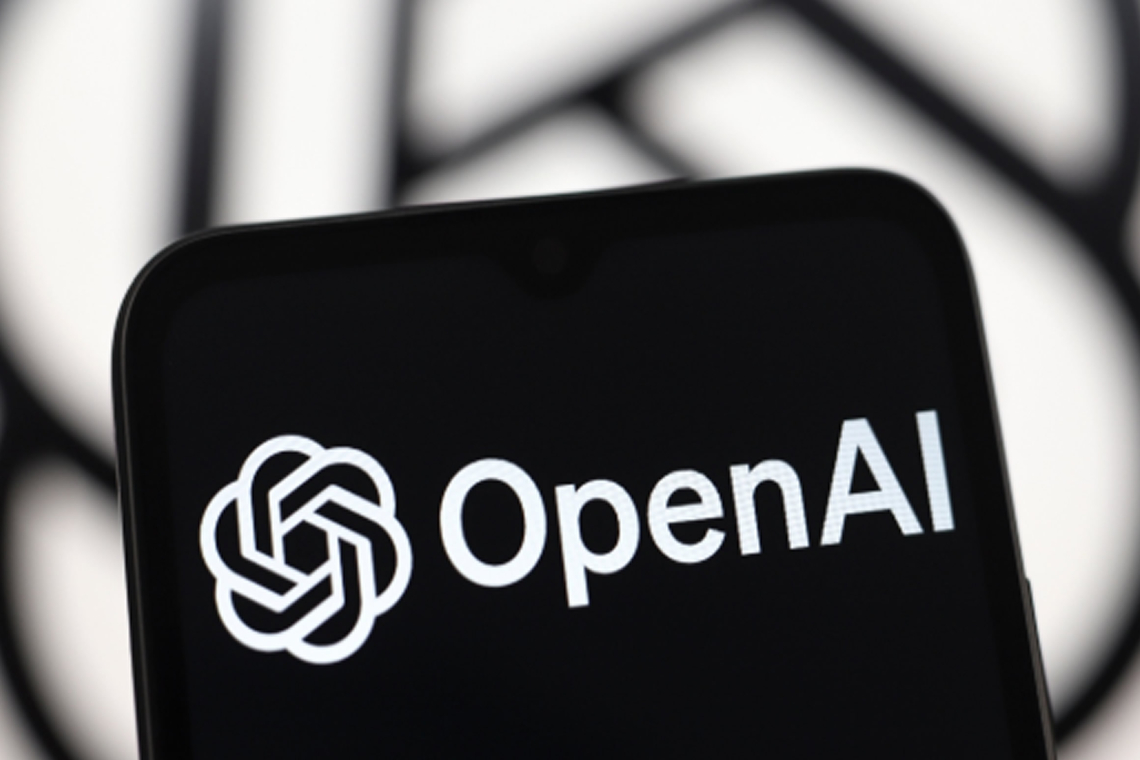OpenAI is launching a powerful new tool called the ChatGPT agent, designed to perform a wide range of computer-based tasks for users. Unlike traditional ChatGPT functions, this new agent can manage schedules, generate editable presentations, run code, and more, all through simple natural language prompts.
This agent combines functionalities from previous tools, such as Operator (which can navigate websites) and Deep Research (which summarizes web data into reports). It can also connect to external apps like Gmail and GitHub using ChatGPT connectors, and it has access to a terminal and APIs for executing advanced commands.
The ChatGPT agent will be available starting Thursday for Pro, Plus, and Team subscribers, and can be activated through the tool selection menu by enabling “agent mode.”
This launch marks OpenAI’s most serious effort to move ChatGPT from a passive Q&A assistant to an active AI agent that can carry out real tasks. While other tech giants like Google and Perplexity have also introduced similar tools, early AI agents have often struggled with more complex workflows. However, OpenAI claims its agent offers a much higher level of performance and reliability.
The underlying model has reportedly achieved strong results on benchmark tests:
- 41.6% on Humanity’s Last Exam (pass@1), nearly twice the score of OpenAI’s o3 and o4-mini models.
- 27.4% on the FrontierMath benchmark when equipped with tool access, significantly outperforming o4-mini’s 6.3%.
Despite its capabilities, OpenAI says it has taken a cautious approach due to the risks posed by agentic models. According to its safety report, the ChatGPT agent has been designated “high capability” in biological and chemical weapons domains, based on the potential, not proof of misuse. In line with its Preparedness Framework, OpenAI has implemented multiple safeguards.
One such measure is a real-time monitoring system. Every prompt is screened, and if it's biology-related, the response is further reviewed to prevent generation of harmful content. Additionally, OpenAI has disabled the memory feature in the agent to reduce the risk of prompt injection attacks that could leak sensitive information. This feature may be revisited in the future.
Although the agent appears promising, OpenAI acknowledges that the true measure of its effectiveness will be how it performs in real-world use. Nonetheless, this release signals a significant step forward in making AI agents more practical, secure, and capable of handling sophisticated tasks for users.
Found this article interesting? Follow us on X(Twitter) ,Threads and FaceBook to read more exclusive content we post.



